Unit 3 Getting Together Topic 1Section D课件 (26张PPT)
文档属性
| 名称 | Unit 3 Getting Together Topic 1Section D课件 (26张PPT) | 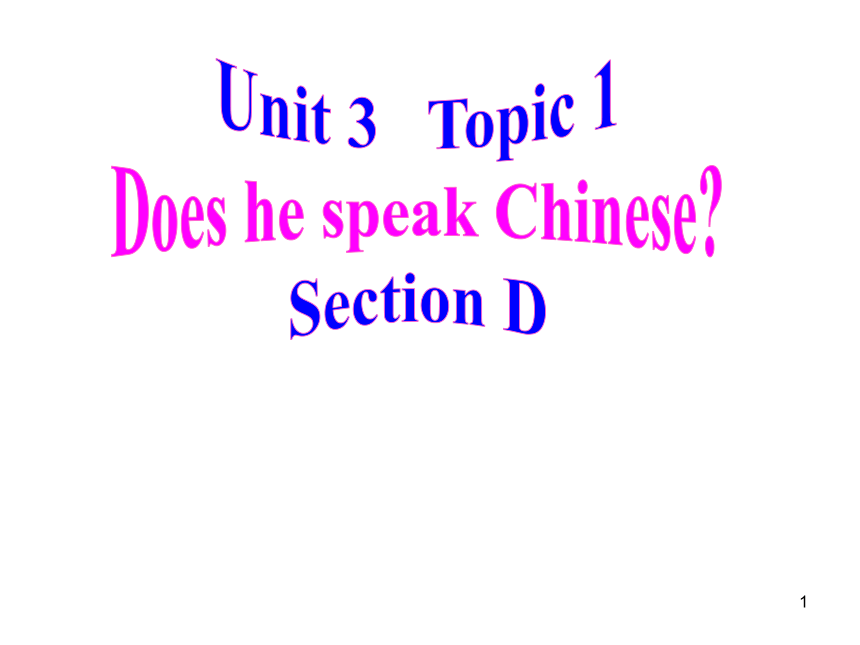 | |
| 格式 | ppt | ||
| 文件大小 | 5.4MB | ||
| 资源类型 | 教案 | ||
| 版本资源 | 仁爱科普版 | ||
| 科目 | 英语 | ||
| 更新时间 | 2020-11-27 17:56:20 | ||
图片预览

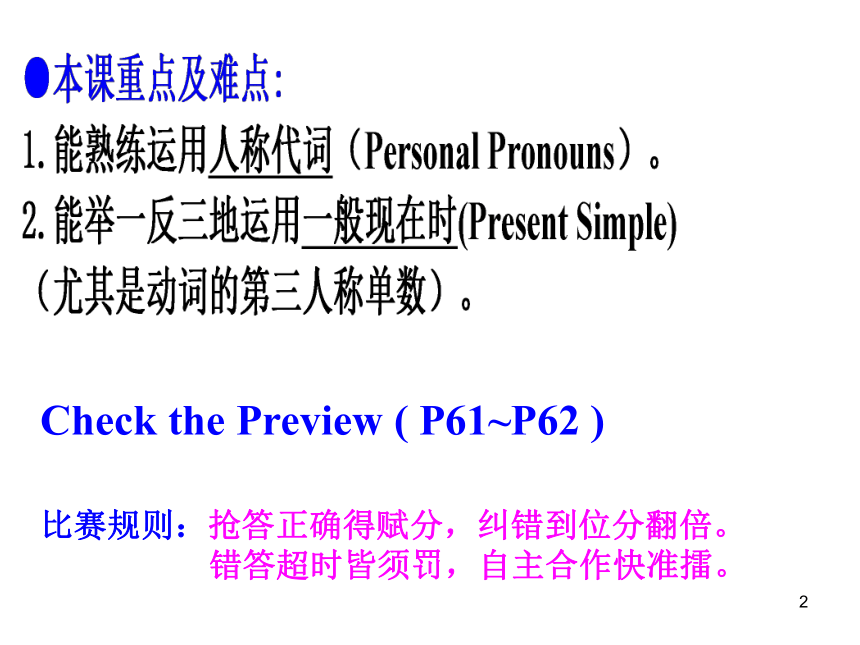
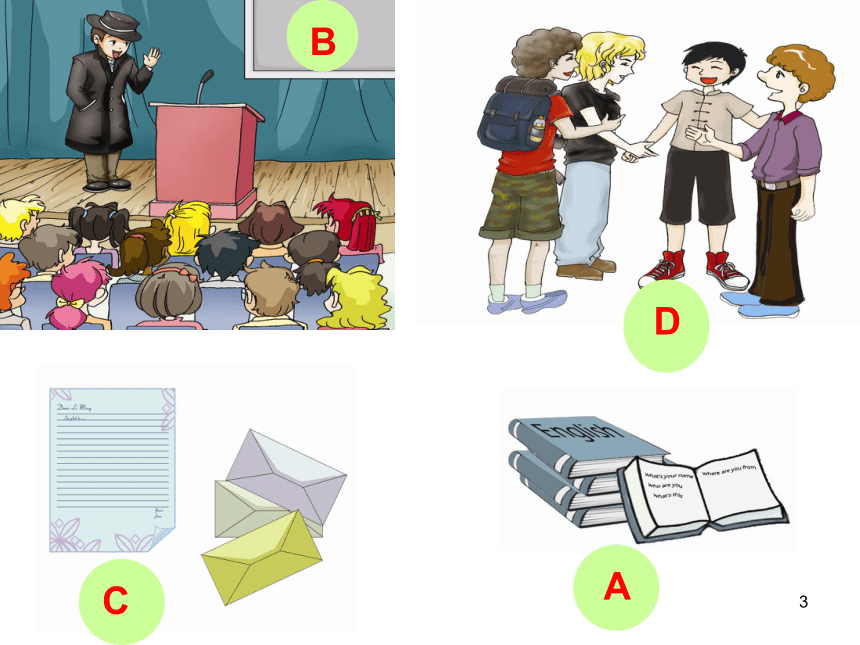
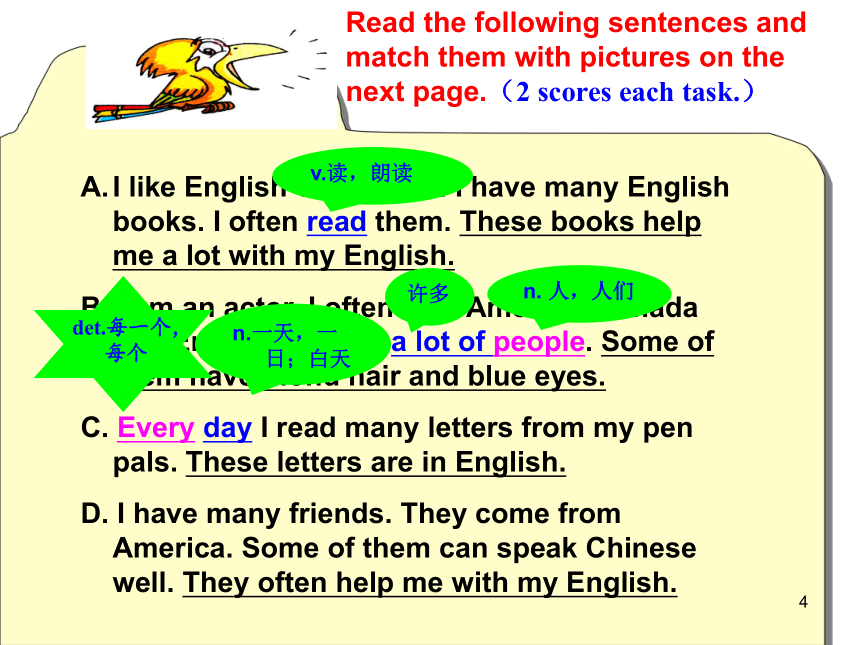

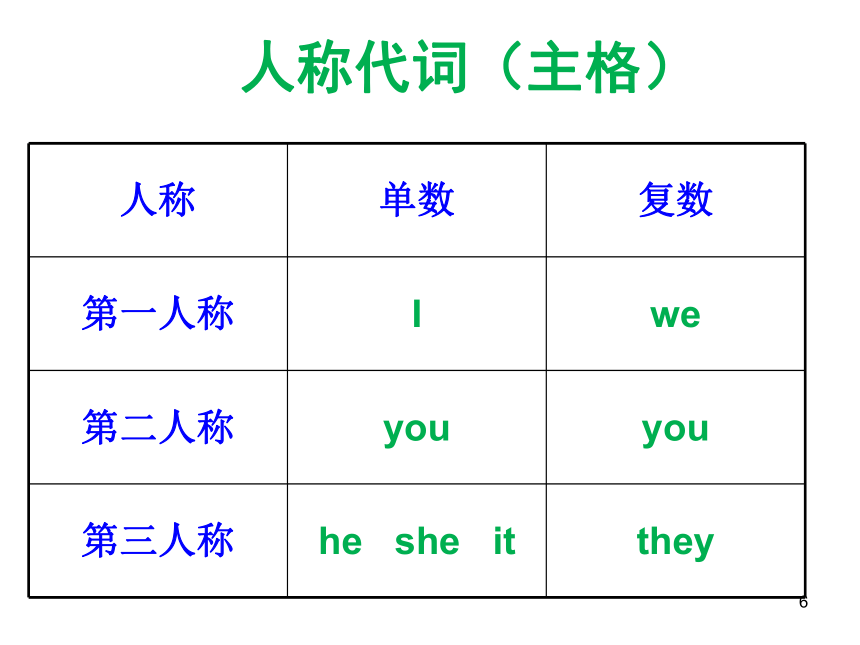
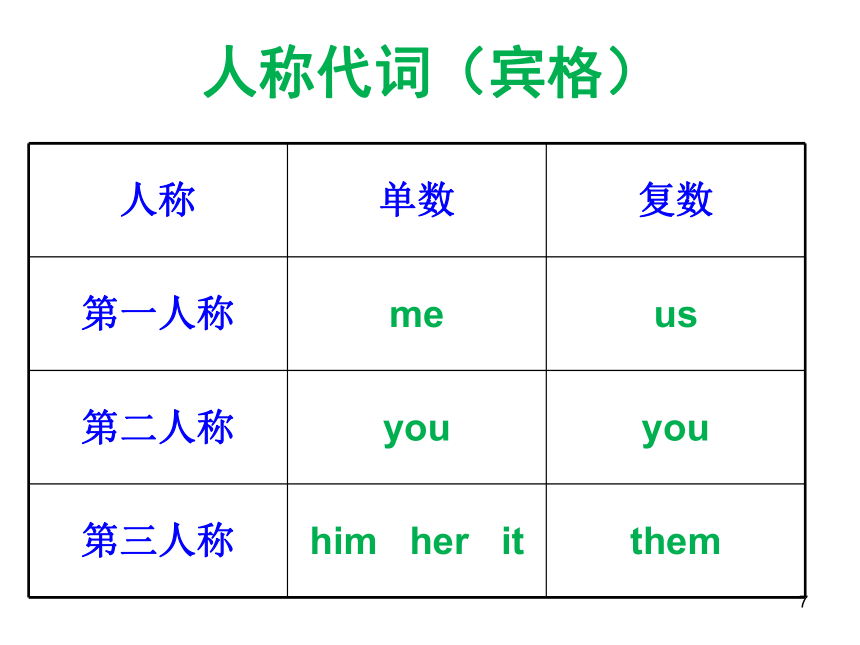
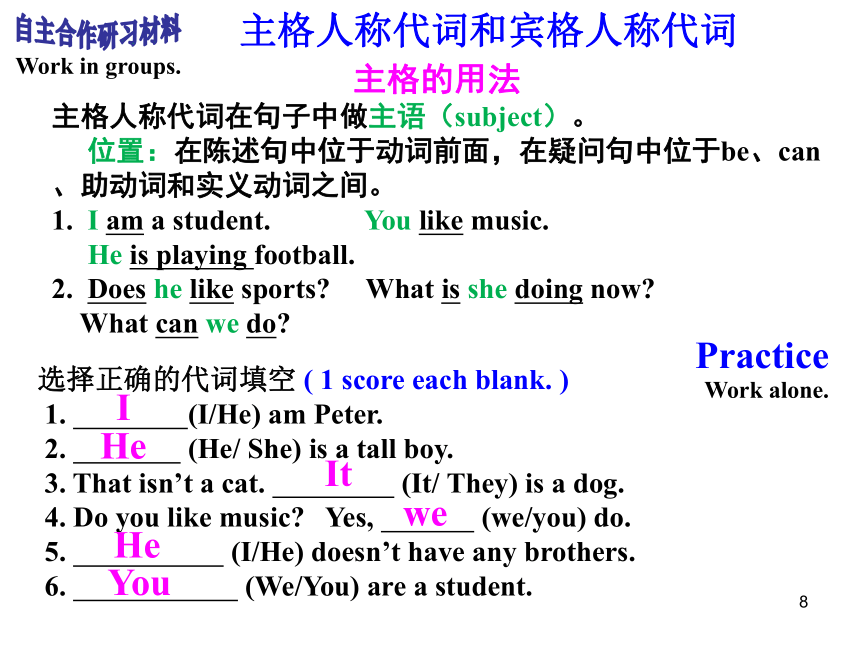
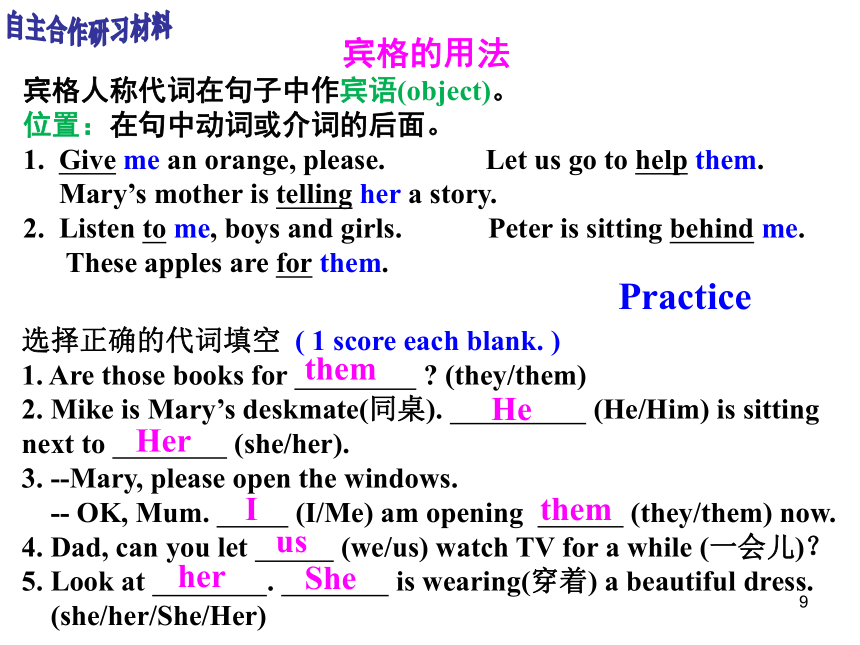
文档简介
*
*
Check the Preview ( P61~P62 )
比赛规则:抢答正确得赋分,纠错到位分翻倍。
错答超时皆须罚,自主合作快准擂。
A
B
C
D
*
Read the following sentences and match them with pictures on the next page.(2 scores each task.)
I like English very much. I have many English books. I often read them. These books help me a lot with my English.
B. I am an actor. I often visit America, Canada and England. I meet a lot of people. Some of them have blond hair and blue eyes.
C. Every day I read many letters from my pen pals. These letters are in English.
D. I have many friends. They come from America. Some of them can speak Chinese well. They often help me with my English.
*
v.读,朗读
许多
n. 人,人们
n.一天,一日;白天
det.每一个,每个
*
New words
2. a lot of
1. read
3. people
4. every
5. day
He likes reading, but I like playing basketball.
① A lot of students in our class like running a lot.
② He dringks(喝) a lot of water.
Many people speak good Chinese,
but Tom doesn’t do it well.
Every student here goes to school on Monday(星期一)
and doesn’t go to school on Sunday(星期日).
Every dog has its day.(人人都有得意日)
A lot of people read every day,they live(过) happy
everyday(日常的) life(生活).
*
人称
单数
复数
第一人称
I
we
第二人称
you
you
第三人称
he she it
they
人称代词(主格)
*
人称
单数
复数
第一人称
me
us
第二人称
you
you
第三人称
him her it
them
人称代词(宾格)
*
主格人称代词和宾格人称代词
主格的用法
主格人称代词在句子中做主语(subject)。
位置:在陈述句中位于动词前面,在疑问句中位于be、can、助动词和实义动词之间。
1. I am a student. You like music.
He is playing football.
2. Does he like sports? What is she doing now?
What can we do?
选择正确的代词填空 ( 1 score each blank. )
?1. (I/He) am Peter.
2. (He/ She) is a tall boy.
3. That isn’t a cat. (It/ They) is a dog.
4. Do you like music? Yes, (we/you) do.
5. (I/He) doesn’t have any brothers.
6. (We/You) are a student.
Practice
I
He
You
He
we
It
Work in groups.
Work alone.
*
宾格的用法
宾格人称代词在句子中作宾语(object)。
位置:在句中动词或介词的后面。
1. Give me an orange, please. Let us go to help them.
Mary’s mother is telling her a story.
2. Listen to me, boys and girls. Peter is sitting behind me.
These apples are for them.
选择正确的代词填空 ( 1 score each blank. )
1. Are those books for ? (they/them)
2. Mike is Mary’s deskmate(同桌). (He/Him) is sitting
next to (she/her).
3. --Mary, please open the windows.
-- OK, Mum. (I/Me) am opening (they/them) now.
4. Dad, can you let (we/us) watch TV for a while (一会儿)?
5. Look at . is wearing(穿着) a beautiful dress.
(she/her/She/Her)
them
He
I
Her
us
them
her
She
Practice
*
人称代词主格和宾格的区别
人称代词主格在句子中作主语,位于动词前;
人称代词宾格在句中作宾语,位于动词后(或介词后)。
根据句意,用所学代词的适当形式填空。( 1 score each blank. )
1. am thirsty(渴). Is the water (水) for ?
2. Tom’s father bought a watch. Now has a new watch(手表).
3. Look at those boys. are from America. Most
of can’t speak Chinese very well.
Practice
I
me
him
he
They
them
Subject pronoun
Object pronoun
I
me
you
he
her
it
it
we
you
you
they
We’re in the same class.
I like it very much.
He lives in England.
She is a doctor.
… so I often help her.
Are they your friends?
Do you like them?
Please help us find him.
*
she
him
you
them
us
A: Excuse , are you from Canada?
A: Is Mr. Brown your
English teacher?
B: Yes, am.
B: Yes, is. We
like very much.
(I/me, he/him)
me
I
he
him
*
( 1 score each blank. )
(we/us, she/her)
A: want to give this letter to
Miss Wang. But we don’t know
. Could you help ?
B: No problem. is the teacher in red.
her
us
She
We
*
*
一般现在时
一、一般现在时的概念及用法
1、表示主语经常、反复发生的行为动作,或者习惯性的行为动作;
2、表示人或者事物现在的状态、特征、属性等;
3、表示主语现在具备的性格、爱好或能力等;
4、表示客观事实、自然现象、普遍真理、格言、言语等。
二、动词类别
1、be 动词(am,is,are);
2、情态动词(can,may,must,need,shall……等)
3、行为(或实义)动词(如work, call,listen,run,speak…)
三、一般现在时的谓语动词形式
1、be动词(am,is,are);
2、情态动词+V.原形(情态动词没有人称和数的变化);
3、行为动词: ① V.原形 (主语不是单数第三人称)
②V.的单数第三人称 (主语是单数第三人称)
注意:动词的单数第三人称形式的构成规律与可数名词复数的构成相同。(少数例外,如have、be等。)
*
四、一般现在时句型变换规律
Questions and answers with do/does:
☆ Do you come from the USA?
Yes, I do. / No, I don’t.
☆ Does he speak Chinese?
Yes, he does. / No, he doesn’t.
☆ Does Jane like China?
Yes, she does. / No, she doesn’t.
*
*
(1)你经常去购物吗?
(2)你在这有好朋友吗?
(3)你的朋友喜欢英语吗?
(4)她讲英语吗?
(5)他帮助你学汉语吗?
以do/does开头的一般疑问句
Do you often go shopping?
Do you have good friends here ?
Does your friend like English ?
Does she speak English ?
Does he help you with your Chinese ?
( 3 scores each blank. )
Does he speak Chinese?
No, he doesn’t. He speaks English.
What does he want to do?
He wants to visit Beijing.
He likes Chinese very much.
*
*
1.写出下列动词的第三人称单数形式:
wash match guess
study finish go
snow carry have
do speak see
listen look stand
stay mix live
run swim read
leave call fly
want say be
like come take
think use sit
spell drink find
teach ask answer
Exercises
washes
matches
guesses
studies
finishes
goes
snows
carries
has
does
speaks
sees
listens
looks
stands
stays
mixes
lives
runs
swims
reads
leaves
calls
flies
wants
says
is
likes
comes
takes
thinks
uses
sits
spells
drinks
finds
teaches
asks
answers
( 1 score each blank. )
1. He (want/wants) to visit Beijing.
2. She (like/likes) it a lot.
3. (Does/Do) he speak Chinese?
Yes, he (does/do). / No, he doesn’t.
4. (Does/Do) Lucy speak Chinese?
Yes, she does. / No, she (don’t/doesn’t).
wants
likes
Does
does
Does
doesn’t
*
( 1 score each blank. )
1.He wants to visit Beijing.
2.—Do you want a pen pal?
—Yes, I do. / No, I don’t.
3.—Does he speak Chinese?
—Yes, he does. / No, he doesn’t.
4.—Does Lucy like China?
—Yes, she does. / No, she doesn’t.
*
*
Pronouns
Reflexive Pronouns
Possessive Pronouns
Personal Pronouns
(人称代词)
Object Pronouns
Subject Pronouns
(物主代词)
(反身代词)
Nominal Possessive Pronouns
Adjectival Possessive Pronouns
(主格人称代词)
(宾格人称代词)
(名词性物主代词)
(形容词性物主代词)
(代词)
*
*
2.用动词的适当形式填空
1. I swimming. (like).
2. He (read) English every day.
3. We (go)to school at seven in the morning.
4. Mike (go)to school at seven in the morning.
5. My mother (like) (go) shopping.
6. I can (draw) many beautiful pictures.
7. She (make) a model plane.
8. Do you (like) (run)?
9. Does she (like) (read) ?
10. Does Nancy (grow)flowers on Saturday ?
11. The teachers (like) (dance).
12. The teacher (like) (dance).
13. The students (speak) English in class.
14. The student (speak) Chinese after class.
15. Let's and play football . ( go )
16. He like swimming . ( not )
17. your sister study English at school ? No , she . ( do )
like
reads
go
goes
likes
going
draw
makes
like
running
like
reading
grow
like
dancing
likes
dancing
speak
speaks
go
doesn’t
Does
doesn’t
( 2 scores each blank. )
*
The Drift(漂流) Bottle
1.Write a short passage to introduce(介绍) yourself,
including(包含)your likes and dislikes;
2.Put your passage in the bottle;
3.The bottle will drift in the group that win the most scores . They can have the first chance to find a friend.
4. When you get the bottle,choose one introduction to read.If you think it is wonderful,please read aloud and be friends with him or her;
5.This task is worth 15 scores, for both introducer and reader.But if you make a mistake, both of you will lose 1 score, and the same as it goes on.
*
*
Check the Preview ( P61~P62 )
比赛规则:抢答正确得赋分,纠错到位分翻倍。
错答超时皆须罚,自主合作快准擂。
A
B
C
D
*
Read the following sentences and match them with pictures on the next page.(2 scores each task.)
I like English very much. I have many English books. I often read them. These books help me a lot with my English.
B. I am an actor. I often visit America, Canada and England. I meet a lot of people. Some of them have blond hair and blue eyes.
C. Every day I read many letters from my pen pals. These letters are in English.
D. I have many friends. They come from America. Some of them can speak Chinese well. They often help me with my English.
*
v.读,朗读
许多
n. 人,人们
n.一天,一日;白天
det.每一个,每个
*
New words
2. a lot of
1. read
3. people
4. every
5. day
He likes reading, but I like playing basketball.
① A lot of students in our class like running a lot.
② He dringks(喝) a lot of water.
Many people speak good Chinese,
but Tom doesn’t do it well.
Every student here goes to school on Monday(星期一)
and doesn’t go to school on Sunday(星期日).
Every dog has its day.(人人都有得意日)
A lot of people read every day,they live(过) happy
everyday(日常的) life(生活).
*
人称
单数
复数
第一人称
I
we
第二人称
you
you
第三人称
he she it
they
人称代词(主格)
*
人称
单数
复数
第一人称
me
us
第二人称
you
you
第三人称
him her it
them
人称代词(宾格)
*
主格人称代词和宾格人称代词
主格的用法
主格人称代词在句子中做主语(subject)。
位置:在陈述句中位于动词前面,在疑问句中位于be、can、助动词和实义动词之间。
1. I am a student. You like music.
He is playing football.
2. Does he like sports? What is she doing now?
What can we do?
选择正确的代词填空 ( 1 score each blank. )
?1. (I/He) am Peter.
2. (He/ She) is a tall boy.
3. That isn’t a cat. (It/ They) is a dog.
4. Do you like music? Yes, (we/you) do.
5. (I/He) doesn’t have any brothers.
6. (We/You) are a student.
Practice
I
He
You
He
we
It
Work in groups.
Work alone.
*
宾格的用法
宾格人称代词在句子中作宾语(object)。
位置:在句中动词或介词的后面。
1. Give me an orange, please. Let us go to help them.
Mary’s mother is telling her a story.
2. Listen to me, boys and girls. Peter is sitting behind me.
These apples are for them.
选择正确的代词填空 ( 1 score each blank. )
1. Are those books for ? (they/them)
2. Mike is Mary’s deskmate(同桌). (He/Him) is sitting
next to (she/her).
3. --Mary, please open the windows.
-- OK, Mum. (I/Me) am opening (they/them) now.
4. Dad, can you let (we/us) watch TV for a while (一会儿)?
5. Look at . is wearing(穿着) a beautiful dress.
(she/her/She/Her)
them
He
I
Her
us
them
her
She
Practice
*
人称代词主格和宾格的区别
人称代词主格在句子中作主语,位于动词前;
人称代词宾格在句中作宾语,位于动词后(或介词后)。
根据句意,用所学代词的适当形式填空。( 1 score each blank. )
1. am thirsty(渴). Is the water (水) for ?
2. Tom’s father bought a watch. Now has a new watch(手表).
3. Look at those boys. are from America. Most
of can’t speak Chinese very well.
Practice
I
me
him
he
They
them
Subject pronoun
Object pronoun
I
me
you
he
her
it
it
we
you
you
they
We’re in the same class.
I like it very much.
He lives in England.
She is a doctor.
… so I often help her.
Are they your friends?
Do you like them?
Please help us find him.
*
she
him
you
them
us
A: Excuse , are you from Canada?
A: Is Mr. Brown your
English teacher?
B: Yes, am.
B: Yes, is. We
like very much.
(I/me, he/him)
me
I
he
him
*
( 1 score each blank. )
(we/us, she/her)
A: want to give this letter to
Miss Wang. But we don’t know
. Could you help ?
B: No problem. is the teacher in red.
her
us
She
We
*
*
一般现在时
一、一般现在时的概念及用法
1、表示主语经常、反复发生的行为动作,或者习惯性的行为动作;
2、表示人或者事物现在的状态、特征、属性等;
3、表示主语现在具备的性格、爱好或能力等;
4、表示客观事实、自然现象、普遍真理、格言、言语等。
二、动词类别
1、be 动词(am,is,are);
2、情态动词(can,may,must,need,shall……等)
3、行为(或实义)动词(如work, call,listen,run,speak…)
三、一般现在时的谓语动词形式
1、be动词(am,is,are);
2、情态动词+V.原形(情态动词没有人称和数的变化);
3、行为动词: ① V.原形 (主语不是单数第三人称)
②V.的单数第三人称 (主语是单数第三人称)
注意:动词的单数第三人称形式的构成规律与可数名词复数的构成相同。(少数例外,如have、be等。)
*
四、一般现在时句型变换规律
Questions and answers with do/does:
☆ Do you come from the USA?
Yes, I do. / No, I don’t.
☆ Does he speak Chinese?
Yes, he does. / No, he doesn’t.
☆ Does Jane like China?
Yes, she does. / No, she doesn’t.
*
*
(1)你经常去购物吗?
(2)你在这有好朋友吗?
(3)你的朋友喜欢英语吗?
(4)她讲英语吗?
(5)他帮助你学汉语吗?
以do/does开头的一般疑问句
Do you often go shopping?
Do you have good friends here ?
Does your friend like English ?
Does she speak English ?
Does he help you with your Chinese ?
( 3 scores each blank. )
Does he speak Chinese?
No, he doesn’t. He speaks English.
What does he want to do?
He wants to visit Beijing.
He likes Chinese very much.
*
*
1.写出下列动词的第三人称单数形式:
wash match guess
study finish go
snow carry have
do speak see
listen look stand
stay mix live
run swim read
leave call fly
want say be
like come take
think use sit
spell drink find
teach ask answer
Exercises
washes
matches
guesses
studies
finishes
goes
snows
carries
has
does
speaks
sees
listens
looks
stands
stays
mixes
lives
runs
swims
reads
leaves
calls
flies
wants
says
is
likes
comes
takes
thinks
uses
sits
spells
drinks
finds
teaches
asks
answers
( 1 score each blank. )
1. He (want/wants) to visit Beijing.
2. She (like/likes) it a lot.
3. (Does/Do) he speak Chinese?
Yes, he (does/do). / No, he doesn’t.
4. (Does/Do) Lucy speak Chinese?
Yes, she does. / No, she (don’t/doesn’t).
wants
likes
Does
does
Does
doesn’t
*
( 1 score each blank. )
1.He wants to visit Beijing.
2.—Do you want a pen pal?
—Yes, I do. / No, I don’t.
3.—Does he speak Chinese?
—Yes, he does. / No, he doesn’t.
4.—Does Lucy like China?
—Yes, she does. / No, she doesn’t.
*
*
Pronouns
Reflexive Pronouns
Possessive Pronouns
Personal Pronouns
(人称代词)
Object Pronouns
Subject Pronouns
(物主代词)
(反身代词)
Nominal Possessive Pronouns
Adjectival Possessive Pronouns
(主格人称代词)
(宾格人称代词)
(名词性物主代词)
(形容词性物主代词)
(代词)
*
*
2.用动词的适当形式填空
1. I swimming. (like).
2. He (read) English every day.
3. We (go)to school at seven in the morning.
4. Mike (go)to school at seven in the morning.
5. My mother (like) (go) shopping.
6. I can (draw) many beautiful pictures.
7. She (make) a model plane.
8. Do you (like) (run)?
9. Does she (like) (read) ?
10. Does Nancy (grow)flowers on Saturday ?
11. The teachers (like) (dance).
12. The teacher (like) (dance).
13. The students (speak) English in class.
14. The student (speak) Chinese after class.
15. Let's and play football . ( go )
16. He like swimming . ( not )
17. your sister study English at school ? No , she . ( do )
like
reads
go
goes
likes
going
draw
makes
like
running
like
reading
grow
like
dancing
likes
dancing
speak
speaks
go
doesn’t
Does
doesn’t
( 2 scores each blank. )
*
The Drift(漂流) Bottle
1.Write a short passage to introduce(介绍) yourself,
including(包含)your likes and dislikes;
2.Put your passage in the bottle;
3.The bottle will drift in the group that win the most scores . They can have the first chance to find a friend.
4. When you get the bottle,choose one introduction to read.If you think it is wonderful,please read aloud and be friends with him or her;
5.This task is worth 15 scores, for both introducer and reader.But if you make a mistake, both of you will lose 1 score, and the same as it goes on.
*
同课章节目录
- Unit 1 Making new friends
- Topic 1 Welcome to China!
- Topic 2 Where are you from?
- Topic 3 How old are you?
- Unit 2 Looking different
- Topic 1 I have a small nose
- Topic 2 What does she look like?
- Topic 3 Whose jacket is this?
- Unit 3 Getting togethe
- Topic 1 Does he speak Chinese?
- Topic 2 What do your parents do?
- Topic 3 What would you like to drink?
- Unit 4 Having fun
- Topic 1 What can I do for you?
- Topic 2 Would you like to cook with us?
- Topic 3 What time is it now?
